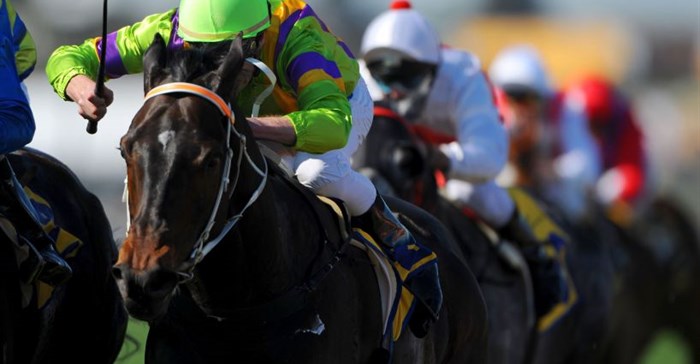
Top stories



Marketing & MediaWarner Bros. was “nice to have” but not at any price, says Netflix
Karabo Ledwaba 1 day



More news

Logistics & Transport
Maersk reroutes sailings around Africa amid Red Sea constraints

















But it is the Thoroughbred Breeders Association (TBA) and its sales arm, Bloodstock South Africa (BSA), that is the nucleus of this industry.
Established in 1921, the TBA has and continues to serve the breeding industry and sell world-class winners. This year the TBA celebrates its 110th year of national yearling sales. The sale has its origins in 1907, when its predecessor to the current National Yearling Sales held its first auctions under the auspices of the Witwatersrand Agricultural Society.
Total turnover for 2015 National Yearling Sale was R127,827,500, at an average price of R358,060 per yearling.
The surpluses from the sale are used to foster and promote the interests of the breeding industry. Results show that in just three years from 2012 to 2015, over R4,3m arising from TBA auction activities was contributed to equine health and research.
"South Africa has, without a doubt, produced world-class thoroughbreds, but stud fees and training fees are expensive, so the only way the industry is going to thrive is for our horses to go overseas," according to Kevin Woolward, CEO of the TBA.
However, African horse sickness - a highly contagious and deadly viral disease - affects all aspects of the industry because every time there is an outbreak, the European Union and the United States impose bans on the import of South African horses for two years, he says.
The last ban would have expired in June this year, but there was a case of AHS in the Cape this month.
The 2016 National Yearling Sale takes place from 27-29 April.
